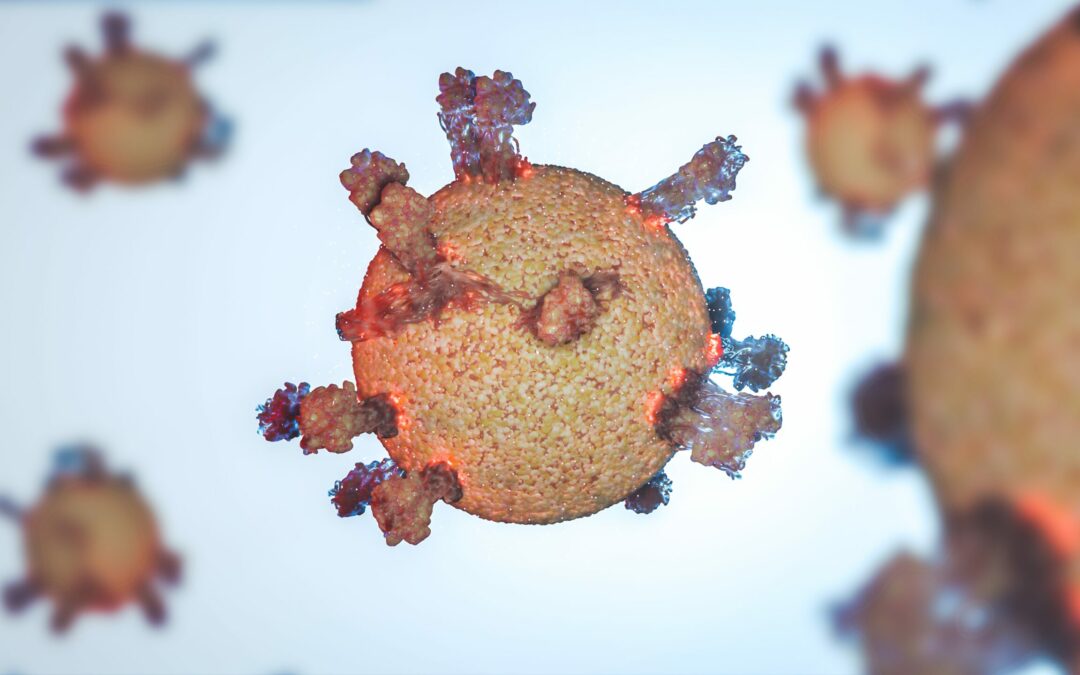When the Omicron variant first began to spread throughout the US, Premier Medical Laboratory Services (PMLS) identified one of the first cases in South Carolina through Next Generation Sequencing. Now, the laboratory is reporting their findings of one of the US’s first Omicron BA.2 cases in a sample they sequenced from the state of Florida.
The BA.2 subvariant has been dubbed “stealth omicron” because it is difficult to detect as a mutation by PCR-based testing, the most common testing method for COVID-19. With the original BA.1 strain, scientists could use PCR-based testing to help identify omicron by looking for a S-gene dropout mutation. Once this was found, the scientists could be fairly certain the positive COVID-19 sample was the omicron variant. The stealth omicron subvariant does not have the S-gene dropout characteristic, making it difficult to distinguish BA.2 as the omicron variant vs. other COVID-19 variants by PCR-based testing alone.
In Denmark, BA.2 is now outpacing its predecessor, omicron BA.1, because it is more transmissible than BA.1. A study conducted by Denmark’s Statens Serum Institut (SSI), which analyzed coronavirus cases in over 8,000 Danish households between December and January, found that people infected with the BA.2 subvariant were roughly 33% more likely to infect others, compared to those infected with BA.1.
Throughout the world, the subvariant is currently present in 57 countries as reported to the GISAID database. With this data, scientists are determining how deadly the strain is and how well it evades the current vaccines. The genetic difference between BA.1 and BA.2 is greater than the difference between the original SARS CoV-2 variant and the alpha variant, according to SSI. These differences could cause increased severity, the SSI also stated. Fortunately, it is expected that COVID-19 vaccines will have an effect in the mitigation of severe illness upon BA.2 infection.
Increasing access to data on these new variants is so important for our overall understanding of the virus and how it will affect the population,” said Kevin Murdock, CEO of Premier Medical Laboratory Services.
As of February 1, 2022, the state of Florida reported two cases of BA.2. Now, PMLS has identified an additional case for the state and will continue to conduct surveillance to help gather vital data on this new omicron subvariant and others.

